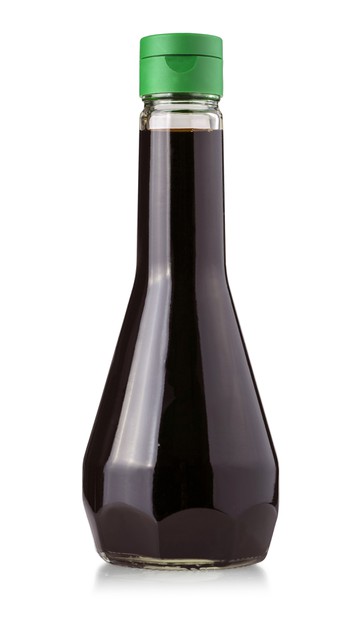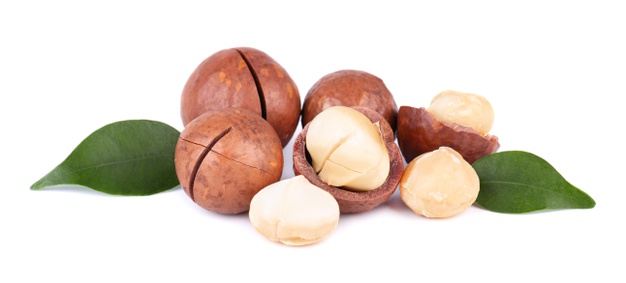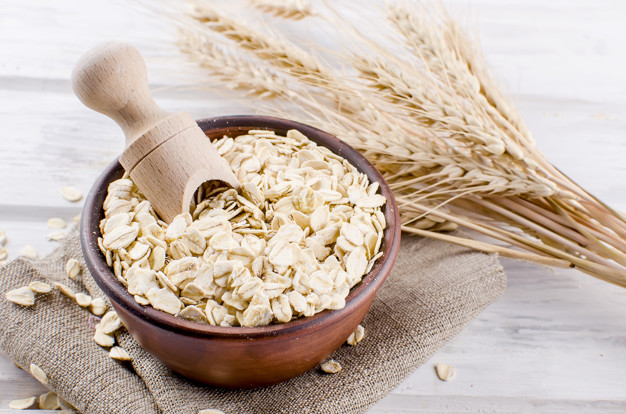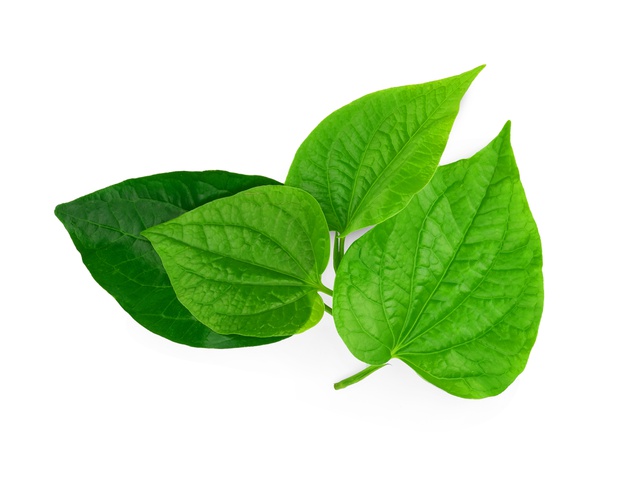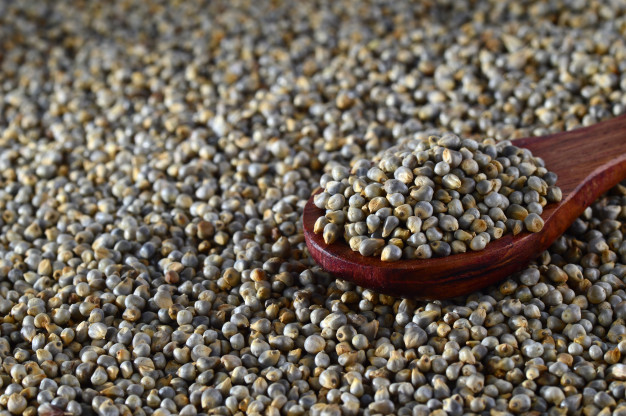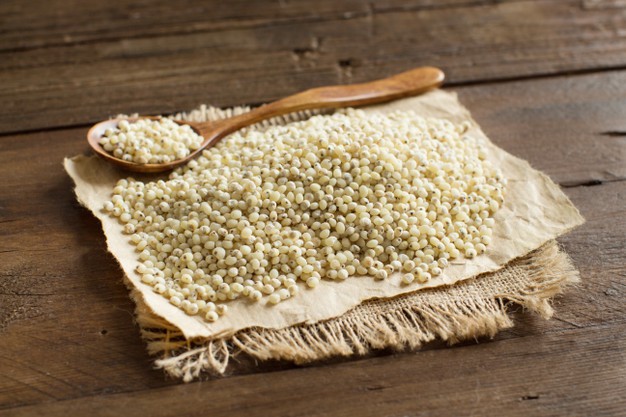Balsamic vinegar is a dark coloured concentrated vinegar prepared from unfermented grapes and widely used for various therapeutic purposes.
Characteristics
- It is deep brown in colour
- It has bold, distinctive and complex flavor
- It has tart after taste as well
- It has seen that real balsamic vinegar is expensive and it is aged in barrel for various months

Health benefits
Role on immunity
- Inclusion of balsamic vinegar in diet is closely related with enhancing immunological responses of the body as the grapes, which are used for making balsamic vinegar contains various immune booster nutrients as well as antioxidants
- Its antioxidant component is also accountable for protecting immune cells from oxidative damages and helps to improve their functionality
- It is closely related with making blood platelets relatively more flexible
- It helps to strengthen the immune system and also helps to increase the resistance power of the body thus its consumption is associated with decreasing the susceptibility of infectious disease
Role on digestive health
- It plays imperative role in improving digestive health
- Acetic acid is considered as the principal component of balsamic vinegar and it has seen that this acid contains probiotic strain that plays significant role in promoting overall gut health
- Its consumption is also associated with improving digestion
- It helps to protect the digestive tract from oxidative damages thus helps to decrease the prevalence of various gastrointestinal disorders

Role on skin
- Acetic acid content, antioxidant contents and antimicrobial property of balsamic vinegar make it an imperative therapeutic substance for skin
- It helps to make the skin looks relatively clearer
- It also helps to brighten the complexion
- Its antioxidant activity is associated with delaying the process of ageing as it plays imperative role in reducing oxidative stress within body
- Its antimicrobial property is also accountable for preventing skin infections
- It is very effective for preventing acne as well
Role on wound healing
- It has seen that balsamic vinegar has been extensively used in diluted form for accelerating the healing process
- This vinegar has strong antifungal, antibacterial and antiviral properties, which help in rapid wound healing
Role on circulation
- Polyphenols present in balsamic vinegar play significant role in promoting blood circulation. As it is linked with proper blood circulation thus its consumption is thought to be very effective for supplying sufficient amount of oxygen and other important biological components like nutrients, hormones, enzymes etc throughout the body
- It has seen that grapes, which are utilized for preparing this vinegar has significant role in keeping the platelets from aggregating that means they help to prevent the building up of platelets in blood vessels thus helps to promote blood flow
- It also helps to protect blood vessels from oxidative damages thus plays imperative role in improving endothelial health as well as functionality
- It significantly reduces the risk of developing cardiac disorders as well

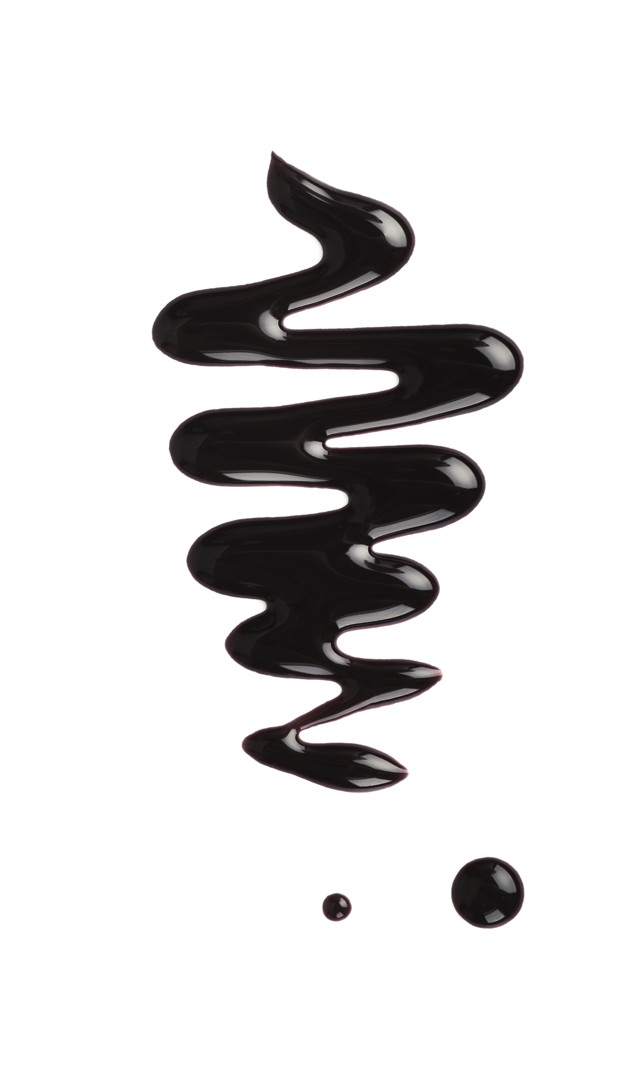
Therapeutic uses
It has been traditionally used for various therapeutic purposes and it also utilized as an imperative remedial action for various diseases. Below points will discuss about some health complications, which can be prevented by using balsamic vinegar –
Obesity
- Obesity is a very common metabolic syndrome that severely affects the health. Consumption of balsamic vinegar is very much useful for proper weight management as it exhibits anti-obesity characteristics and incorporation of this vinegar especially in breakfast helps an individual eats lesser calories during the rest of the day that supports weight loss effort
- Probiotic components present in this vinegar help to provide a feeling of stomach fullness thus help to decrease hunger as a result it significantly reduces over eating, which ultimately facilitates weight reduction
- Balsamic vinegar is also a fat free product thus its consumption does not provide enough calories on its oxidation therefore its consumption is considered as very effective for obes individual as it helps to provide satiety with very less calories
- Individual who want to reduce their body weight should include this vinegar in their regular diet as it helps them to achieve their weight loss goal easily

Diabetes mellitus
- Diabetes mellitus is a condition characterized by elevated blood sugar level and it should be controlled properly otherwise it becomes very fatal
- Consumption of balsamic vinegar is very effective for improving the symptoms of diabetes mellitus as it exerts potent anti-glycemic activities, which play significant role in decreasing postprandial blood sugar spike
- It also plays imperative role in preventing insulin resistance thus helps to decrease the amount of free glucose in blood stream
- It has also seen that incorporation of balsamic vinegar to high glycemic food helps to increase post meal insulin sensitivity hence helps in stabilizing blood sugar concentration
- Using of balsamic vinegar as condiment is closely associated with making the meal more diabetes friendly
Acid reflux
- Acid reflux also known as gastroesophageal reflux disease is a digestive disorder in which bile or stomach acid irritates the lining of food pipe. This causes tremendous discomfort and burning pain in chest
- Balsamic vinegar plays significant role in preventing heart burn and acid reflux as it is associated with rebalancing the stomach pH

Congestion
- It acts as an effective decongestant
- It has seen that balsamic vinegar is related with loosening up phlegm in chest as well as in throat
- It is better to add few drops of this vinegar to warm water and breathing in the vapour by putting the face over the steam significantly decreases congestion
Hypertension
- It plays significant role in reducing hypertension
- Acetic acid component of balsamic vinegar is considered as the main component that helps to decrease blood pressure
Hypercholesterolemia
- Individuals with elevated cholesterol level should include this vinegar in their diet as it plays imperative role in decreasing total cholesterol concentration
- It has seen that its antioxidant activity is associated with blocking those toxic cells in body, which are responsible for increasing cholesterol level
- Its consumption is very effective for decreasing the level of LDL and VLDL in body
Other therapeutic uses
- It is extensively used for decreasing the prevalence of cardiovascular disease
- It has seen that it helps to prevent oxidation of LDL, which also helps to reduce cardiac disorders
- It is used for preventing atherosclerosis too as it helps to provide protection against clogged artery
- Its cholesterol lowering effect helps to reduce the risk of developing gall stones
- It helps to promote hepatic functionality as well by inhibiting fatty infiltration of hepatic cells

Culinary uses
- It has been extensively used as an important ingredient for preparing various dishes. It is mainly used in salad dressings and marinades
- It can be used along with garlic, honey and mustard to prepare a glaze for chicken
- It can also be drizzled over strawberries and can be consumed with ice cream
- It can also added to the top of tomato soup before consumption
- It can be used with mayonnaise for preparing sandwiches
- It can also used as a flavouring agent
Risk factors
- It is considered as safe for consumption for those individuals who are not allergic to it
- It is better to consume two tablespoon of balsamic vinegar in diluted form otherwise it may develop various health hazards like stomach upset, damaging of food pipe and sore throat
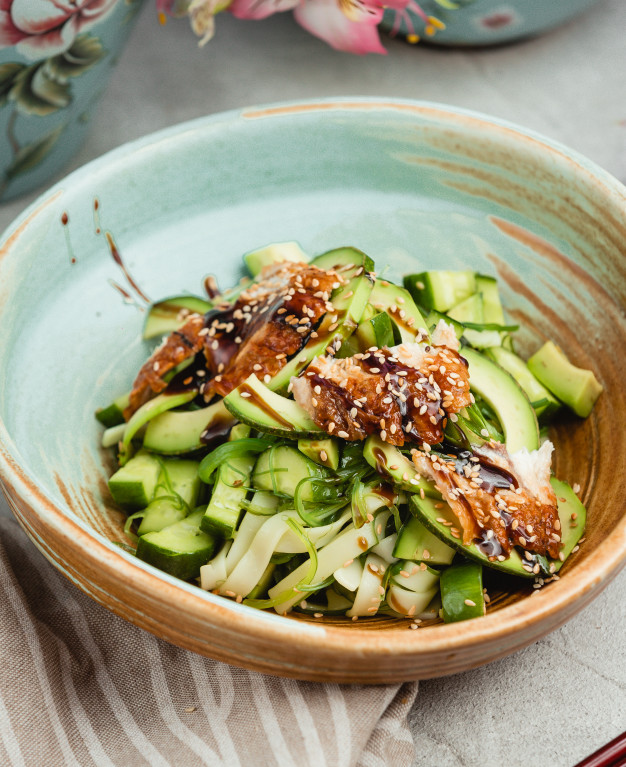
Source:
Giudici, P., Gullo, M. and Solieri, L., 2009. Traditional balsamic vinegar. In Vinegars of the World (pp. 157-177). Springer, Milano.
Ho, C.W., Lazim, A.M., Fazry, S., Zaki, U.K.H.H. and Lim, S.J., 2017. Varieties, production, composition and health benefits of vinegars: A review. Food chemistry, 221, pp.1621-1630.
Lancellotti, L., Ulrici, A., Sighinolfi, S. and Marchetti, A., 2020. Chemical Characterization Of Commercial Balsamic Vinegar Glaze. Journal of Food Composition and Analysis, 94, p.103620.
Masino, F., Chinnici, F., Bendini, A., Montevecchi, G. and Antonelli, A., 2008. A study on relationships among chemical, physical, and qualitative assessment in traditional balsamic vinegar. Food chemistry, 106(1), pp.90-95.
Verzelloni, E., Tagliazucchi, D. and Conte, A., 2007. Relationship between the antioxidant properties and the phenolic and flavonoid content in traditional balsamic vinegar. Food Chemistry, 105(2), pp.564-571.
Verzelloni, E., Tagliazucchi, D. and Conte, A., 2010. From balsamic to healthy: traditional balsamic vinegar melanoidins inhibit lipid peroxidation during simulated gastric digestion of meat. Food and Chemical Toxicology, 48(8-9), pp.2097-2102.
Xia, T., Zhang, B., Duan, W., Zhang, J. and Wang, M., 2020. Nutrients and bioactive components from vinegar: A fermented and functional food. Journal of Functional Foods, 64, p.103681.
